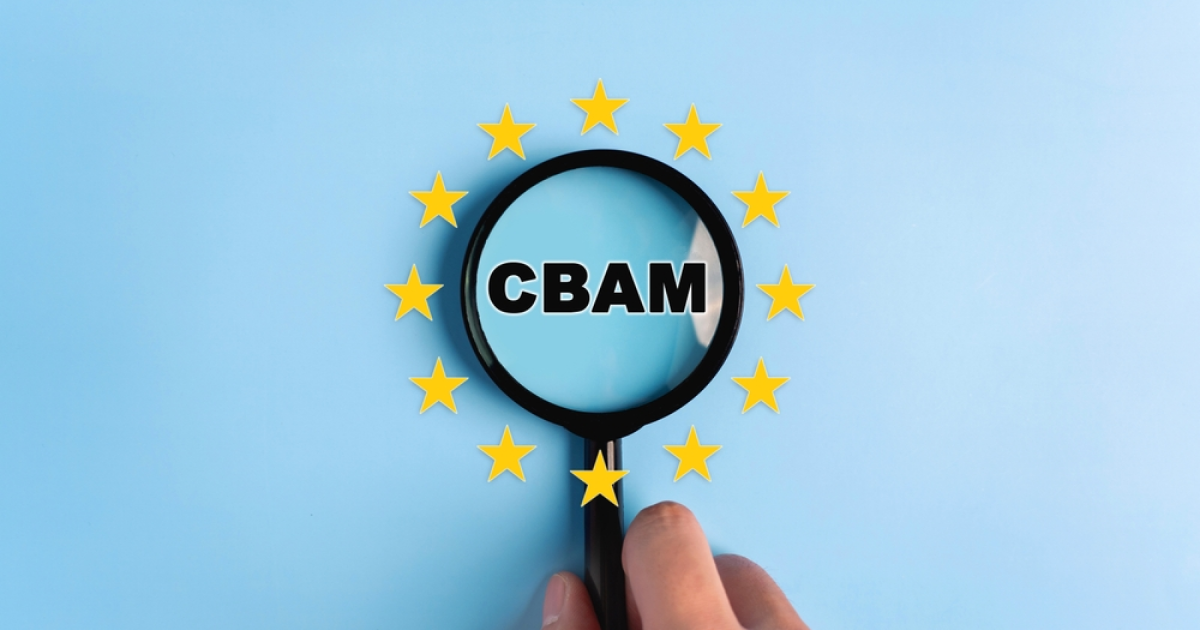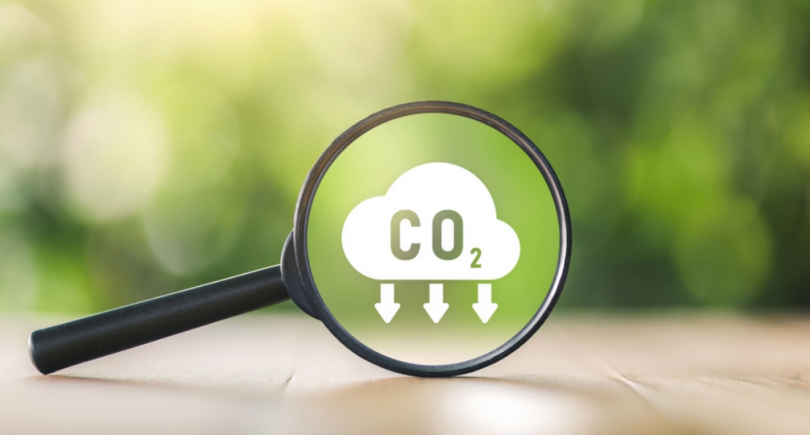
News Global Market CBAM 400 02 July 2025
The aim of the event is, in particular, to expand the scope of the mechanism and prevent its circumvention
The European Commission has launched consultations on the Carbon Border Adjustment Mechanism (CBAM) This is stated in the relevant announcement by the institution.
The purpose of the measure is to gather the views of stakeholders on the development of policies for the potential expansion of the mechanism’s scope, anti-circumvention measures, and rules for the electricity sector.
The initiative aims to extend the scope of CBAM to certain processing and marketing products in order to reduce the risk of carbon leakage. The latter arises when EU manufacturers relocate production abroad to avoid increased emissions costs. Another option is for European buyers to switch to imports from third countries with weaker climate policies.
Additional anti-circumvention measures will target practices that aim to avoid financial obligations under the mechanism without good reason or economic justification. For example, companies may try to carry out relatively minor transformations of CBAM-covered commodities outside the EU and then export slightly modified processed products to the bloc.
The risk of circumvention was identified, among other things, in the European Action Plan for Steel and Metals and in numerous interactions with stakeholders. Several options are being considered for additional measures to combat circumvention, such as additional reporting requirements on production technology and product composition.
As stated in the EC document, the basic rule for calculating emissions for electricity, unlike other goods, is the default values, which are currently based on electricity production from fossil fuels.
As noted, this reflects the electricity pricing mechanism in the EU, but the methodology limits the recognition of decarbonization efforts in the energy balance for countries outside the bloc. Although importers will be allowed to refer to actual emissions instead of default values, many stakeholders have complained about certain conditions.
The main target audience invited to respond is stakeholders from the EU and countries outside the bloc, namely:
- companies involved in the production, trade, and storage of CBAM commodities (including electricity) and processed goods;
- associations of producers of CBAM commodities (including electricity) and processed goods;
- non-governmental organizations;
- academic institutions;
- public authorities, including customs authorities;
- trade unions.
The consultation is open from July 1 to August 26 of this year. The EC will summarize the information received in a short report. The feedback received will be made public.
As a reminder, on June 19, the EU Council and the European Parliament agreed on changes to the CBAM, which are part of the “Omnibus I” simplification package presented in February. A new de minimis weight threshold was supported. Co-legislators also agreed on changes to simplify imports covered by the mechanism, such as the authorization process, emissions calculation, and verification rules, etc.




